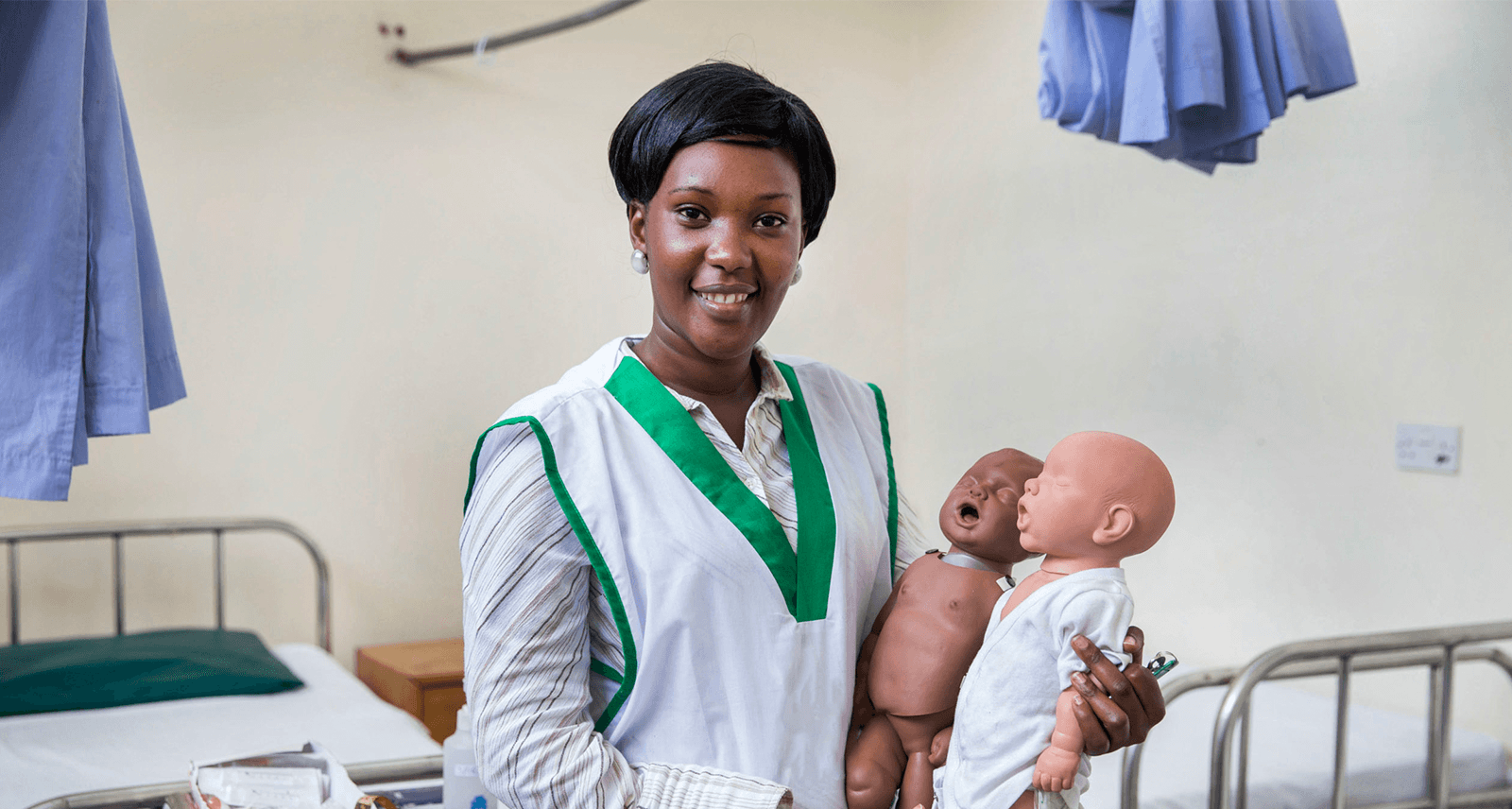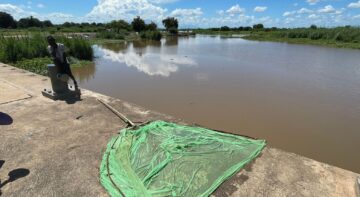Blogs

Malawi to gain 31 kwachas on social benefits for every 1 kwacha invested in essential child health and child survival interventions.
Child survival has been a challenge for most low-income countries and Malawi has not been exempted. Malawi has made significant strides in the past years and is one of a few low-income countries that has met its national and international goal for child survival. However, there is still a need to continue addressing these challenges. A recent cost-benefit analysis report on improving neonatal and maternal health outcomes in Malawi by the Malawi Priorities Project revealed that the child mortality rate has been reduced within the 1 to 4 years age group and neonatal deaths are at 22 per thousand live births as recorded in 2018. Provision of primary health care services is essential in mitigating neonatal and maternal health challenges causing mortality and morbidity.
The challenges contributing to neonatal and maternal health range from terrain, distance to health facilities and unavailability of skilled staff to support during the birthing process. For some areas, the health centres are far from the villages or communities and they do not have skilled workers such as doctors. The health centres are understaffed and have inadequate medicine, equipment and reliable electricity supply.
In some instances, women have pregnancy related complications and micronutrient deficiency. Supplements such as iron and folic acid (IFA) have been introduced in the public health system and are given to women during their antenatal care (ANC) visits. These supplements help women with low folic acid levels and anemia to have better birth outcomes; but more needs to be done.
The Malawi Priorities Project, a research-based collaborative project implemented by the National Planning Commission with technical assistance from the African Institute for Development Policy (AFIDEP) and the Copenhagen Consensus Center, highlights key interventions and makes recommendations on dealing with neonatal and maternal health challenges. The study analysed two key interventions, weighing how cost effective and efficient they are in reducing and improving neonatal and maternal health issues in the country.
The first intervention looks at promoting primary health services which are associated with Basic emergency obstetric and newborn care (BEmONC). This incorporates five key areas, which are clean birthing environment, assisted vaginal delivery, neonatal resuscitation, kangaroo mother care and hygienic cord care. This does not require complex support, rather; it is something that can be done through training of medical personnel and teaching women how to handle new born babies. Investing and ensuring that 90% of hospitals and health centres have necessary equipment, capacity, infrastructure, and medicine to deliver BEmONC would require approximately MWK 2.5 billion (USD 3.4m) every two years in investment. This investment incorporates staff training, inventory expansion, medicine, equipment and electricity generators. With this intervention, Malawi would experience a 15% reduction in neonatal mortality, a 5% reduction in maternal mortality and a 13% reduction in stillbirths, resulting in a MWK 31 gain in social benefits for every MWK 1 invested.
The second intervention is promoting the distribution and use of micronutrients supplements to pregnant women. This intervention looks at replacing simpler iron and folic acid supplements with more comprehensive supplements, such as Multiple Micronutrient pills, that would improve instances of maternal malnutrition. This intervention requires an investment of MWK 1.5 – 2.5 billion (USD 2.0m – 3.4m) annually over the next 10 years. This would lead to 1,300 to 1,600 averted stillbirths and neonatal deaths per year across the country and gain MWK 14 in social benefits for every MWK 1 invested in the intervention.
Of the two interventions, the first offered a benefit-cost ratio of 5.3 and the second intervention with benefit-cost ratio of 7.2. Investing in these interventions can help significantly reduce the country’s neonatal and maternal mortality rate.
The Malawi Priorities Project, is a research-based collaborative project implemented by the National Planning Commission (NPC), with technical assistance from the African Institute for Development Policy (AFIDEP) and the Copenhagen Consensus Center, highlights most cost-effective policy interventions that can support and help the nation.
Read the full technical report and policy brief here:
Related Posts





